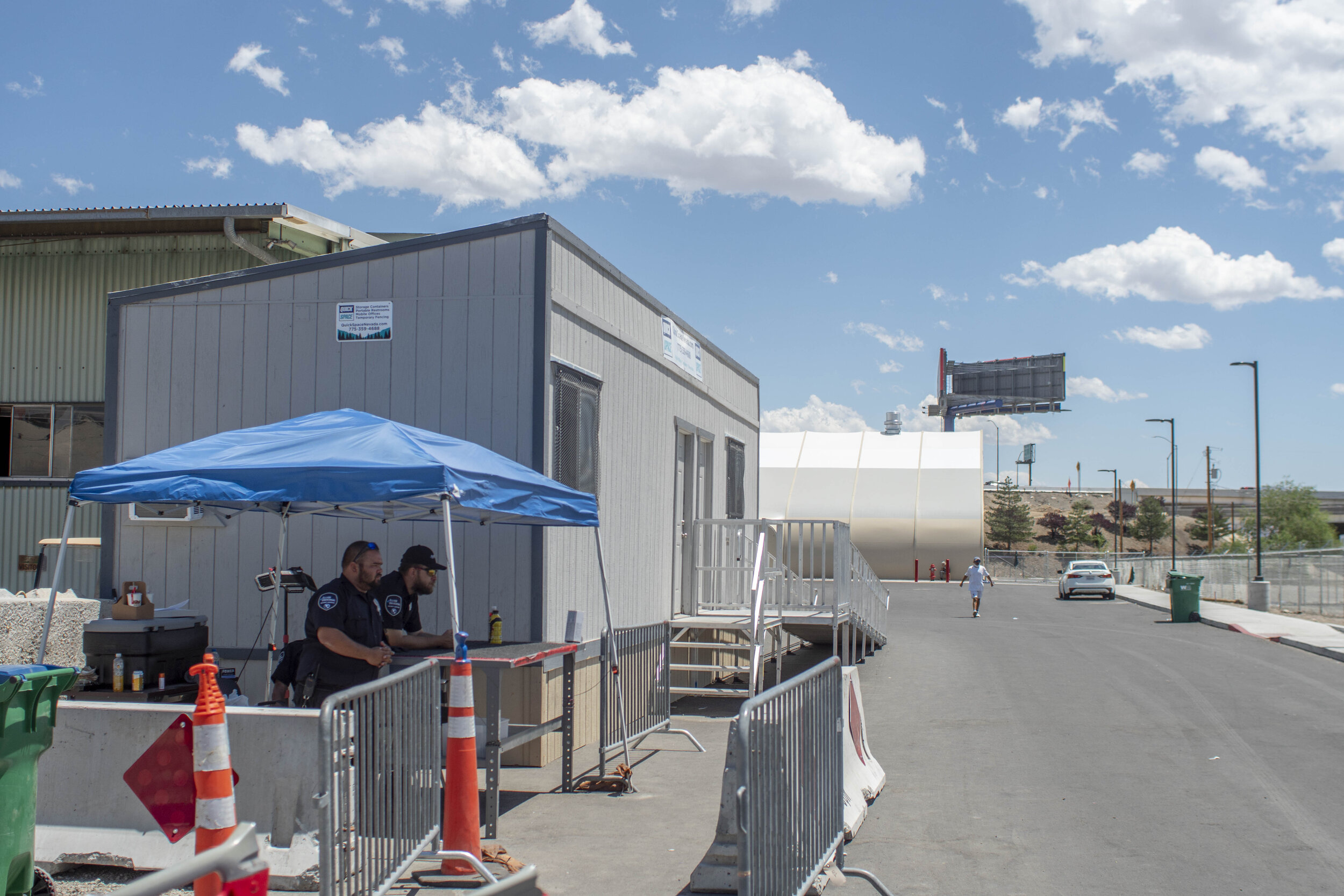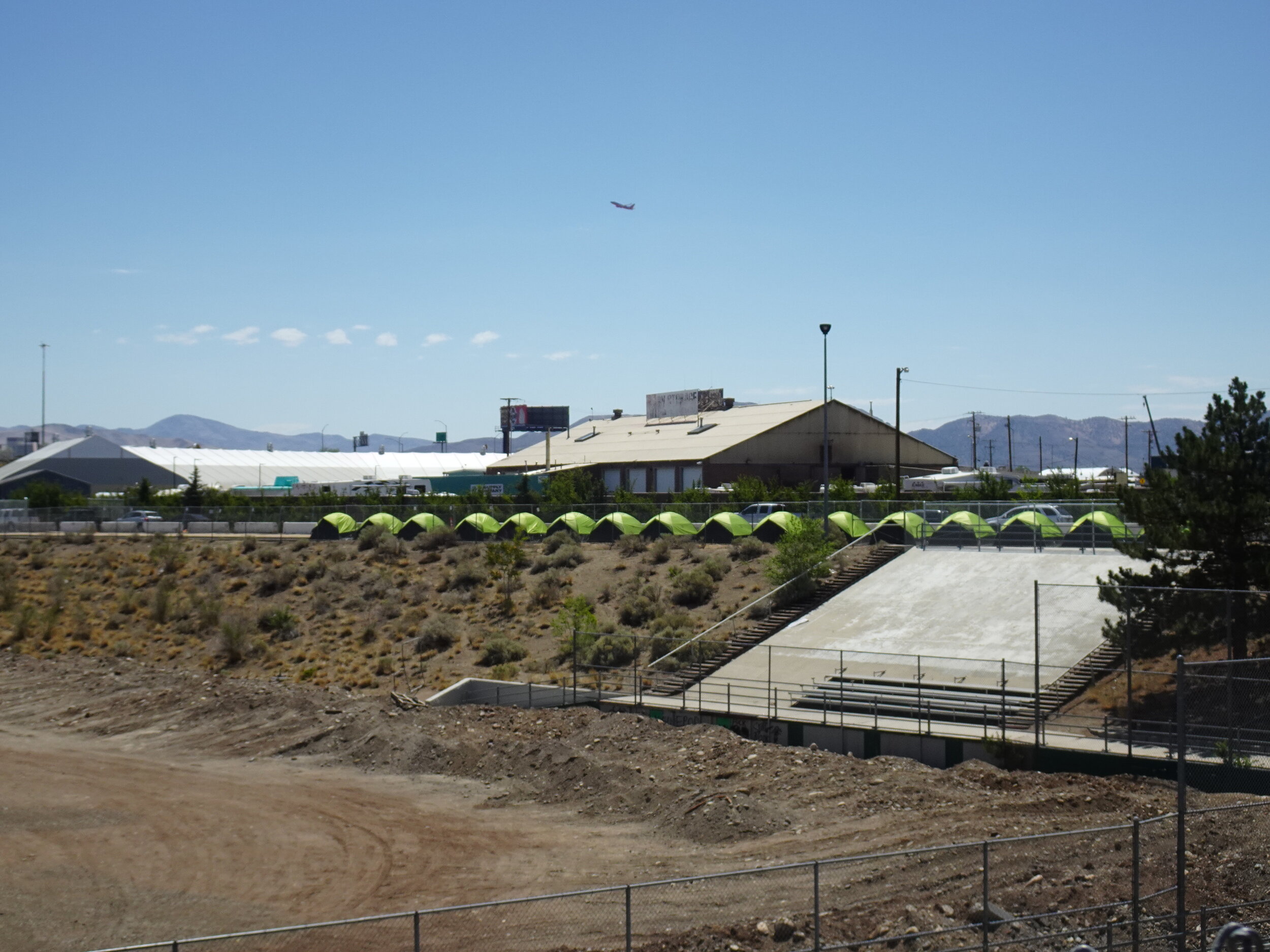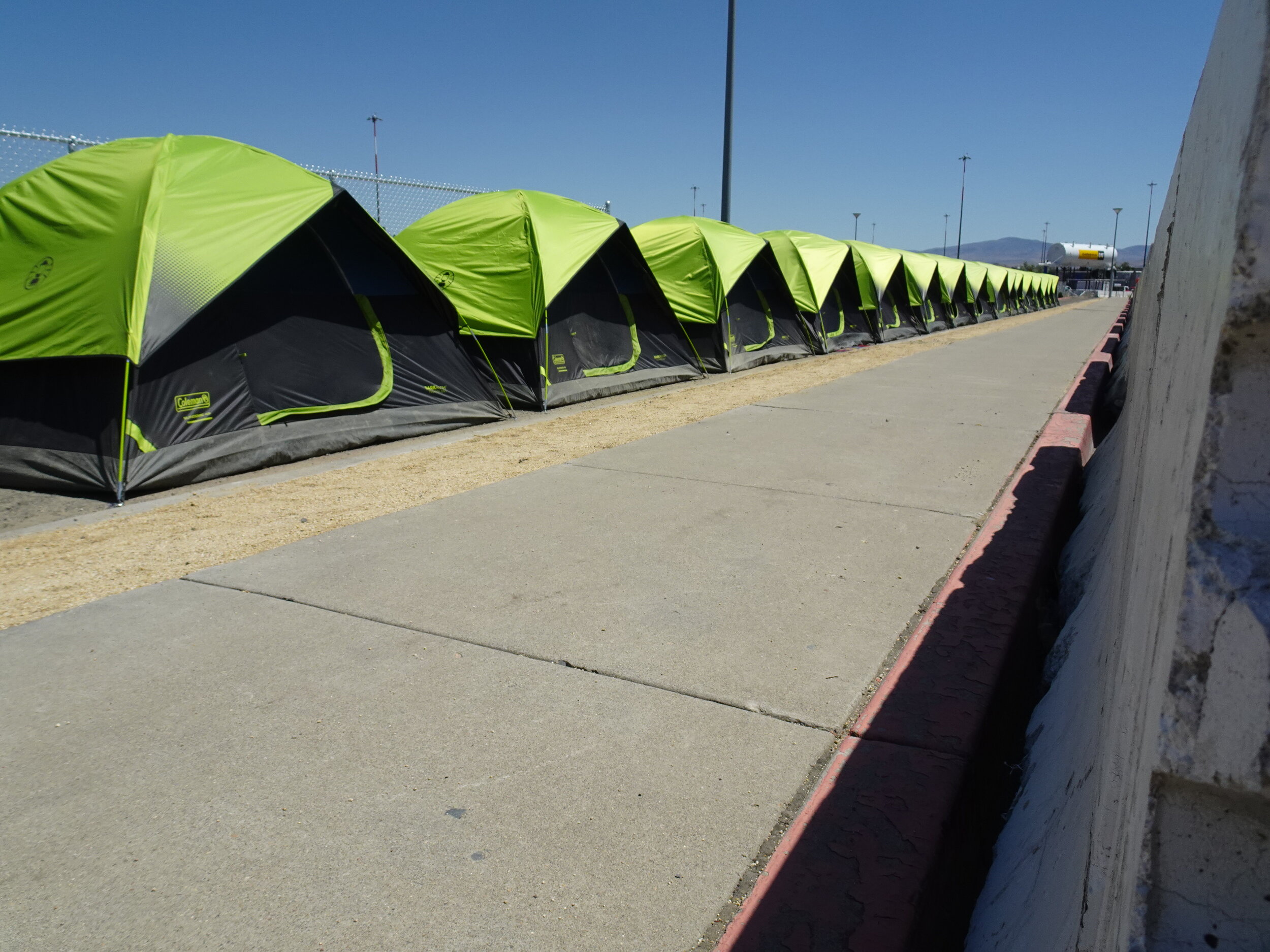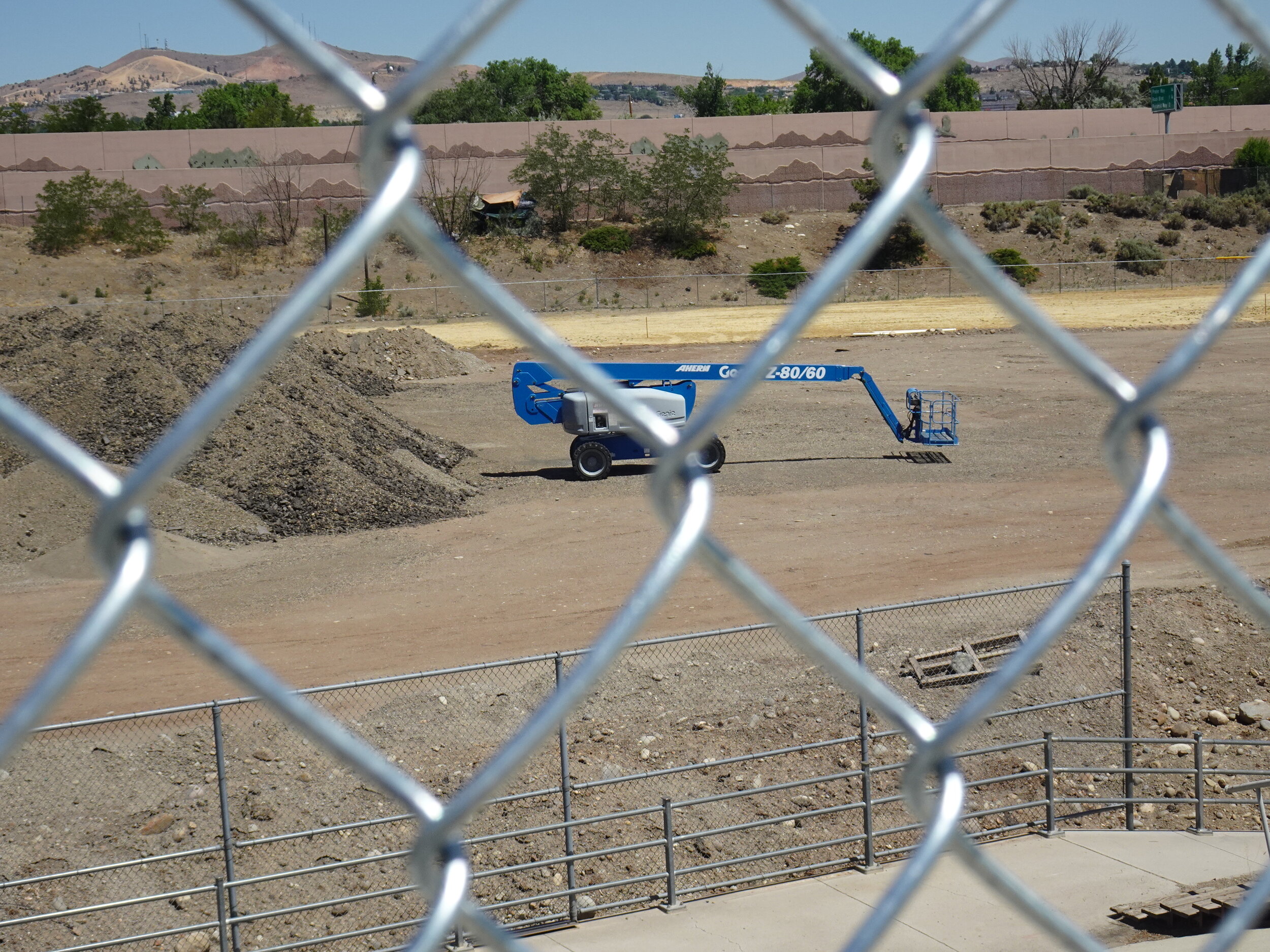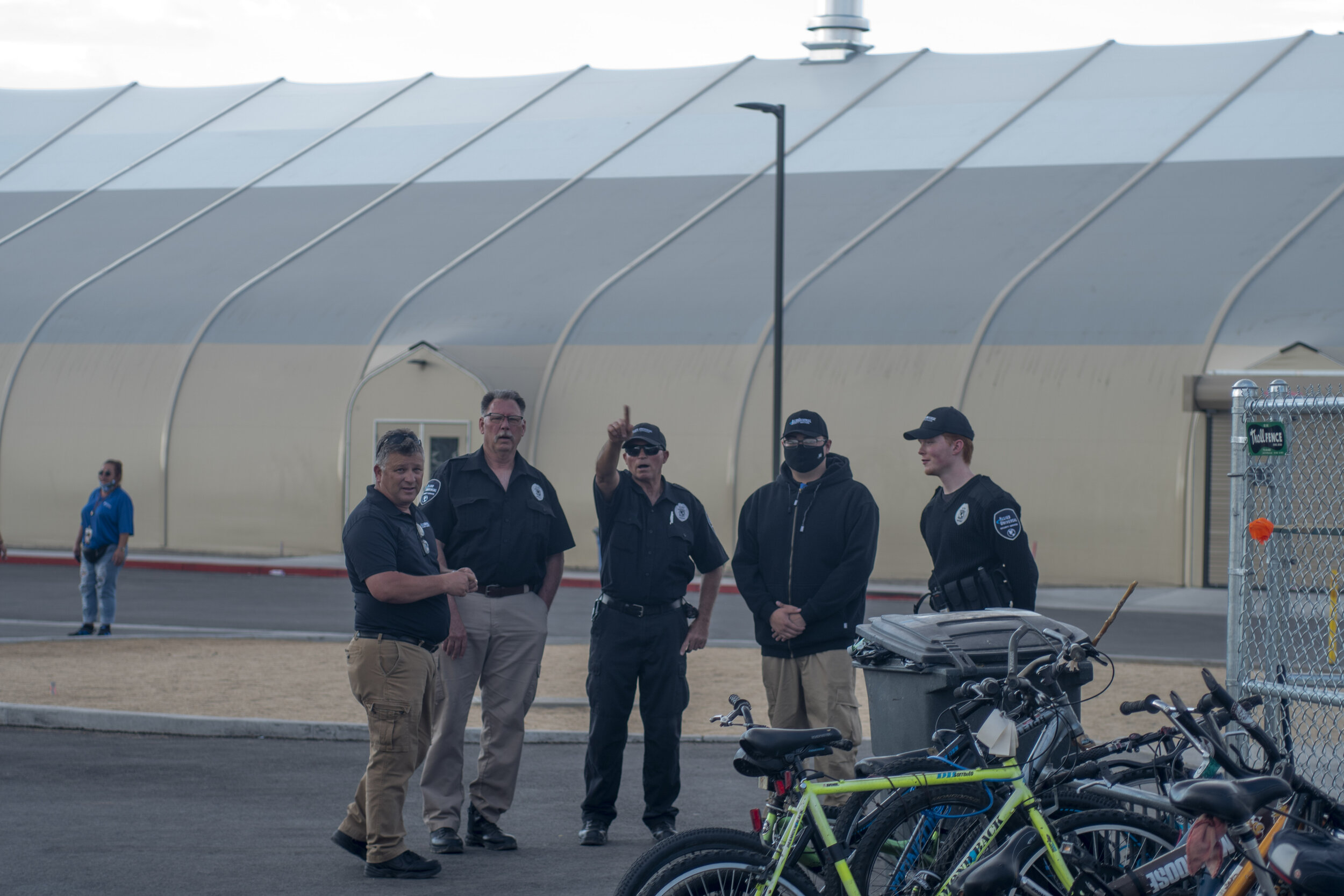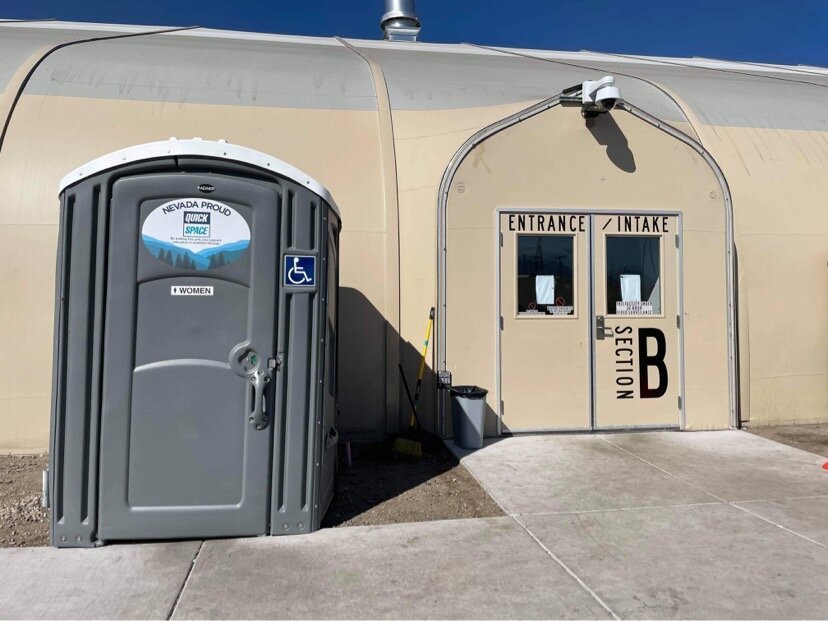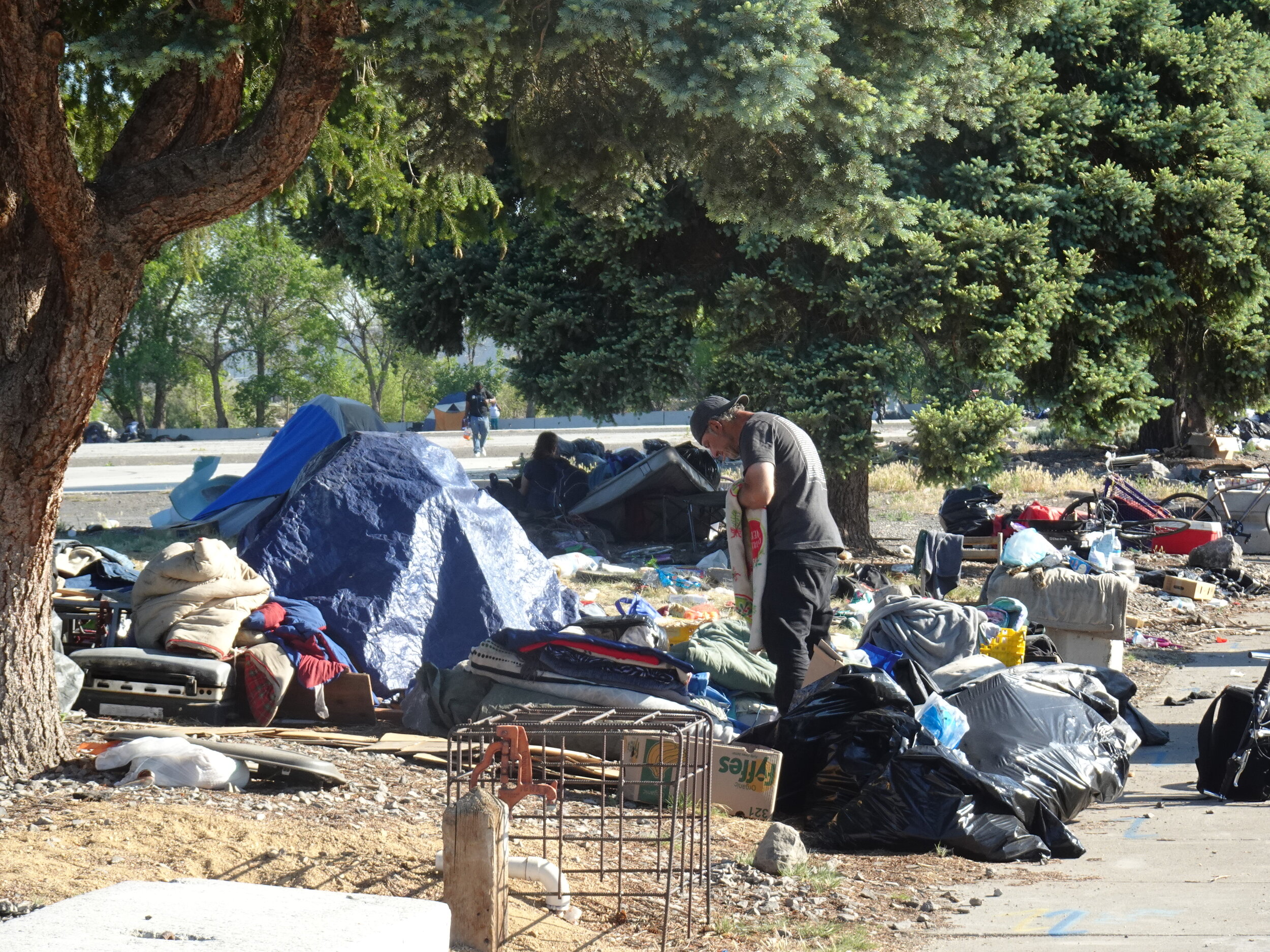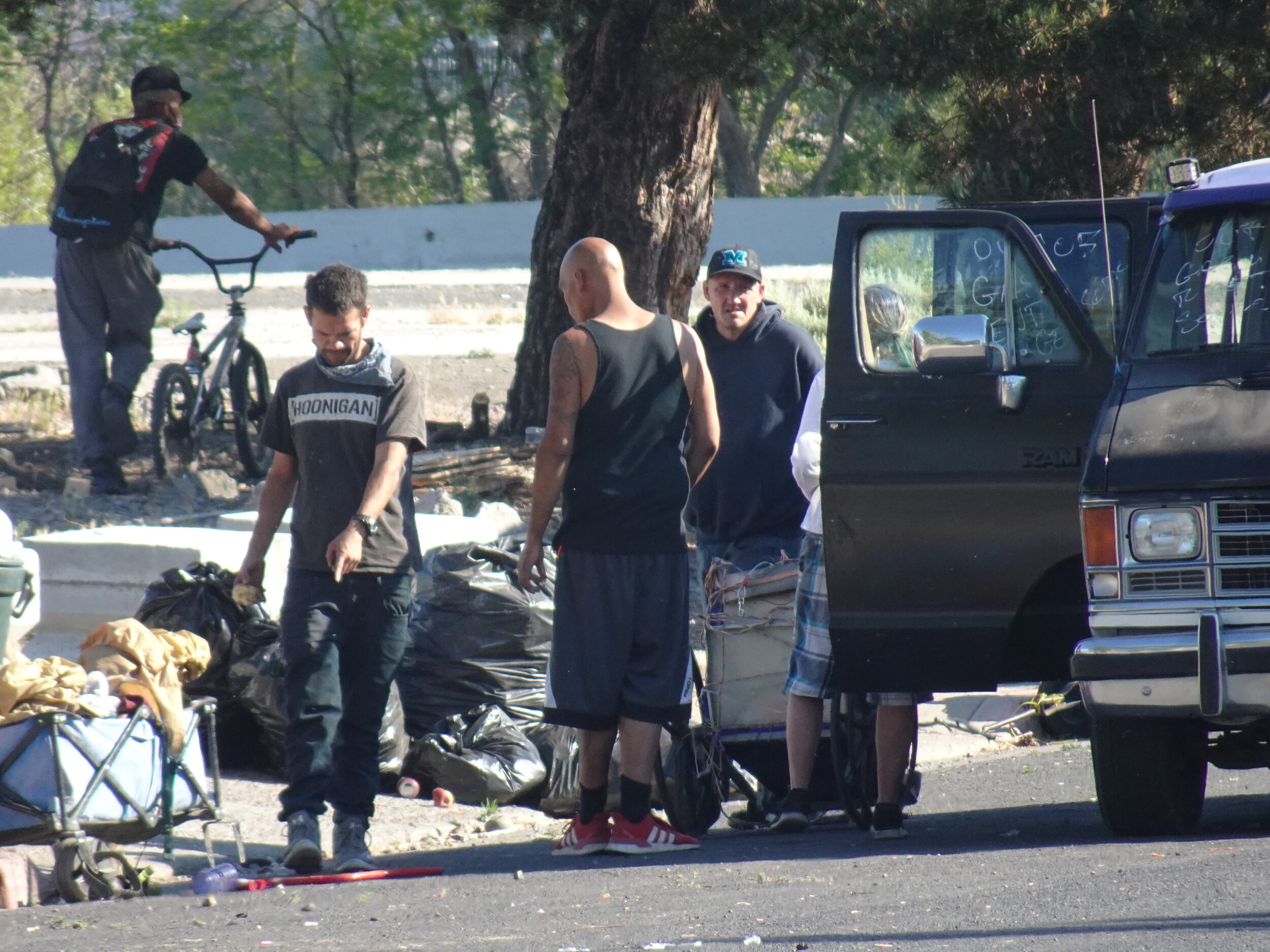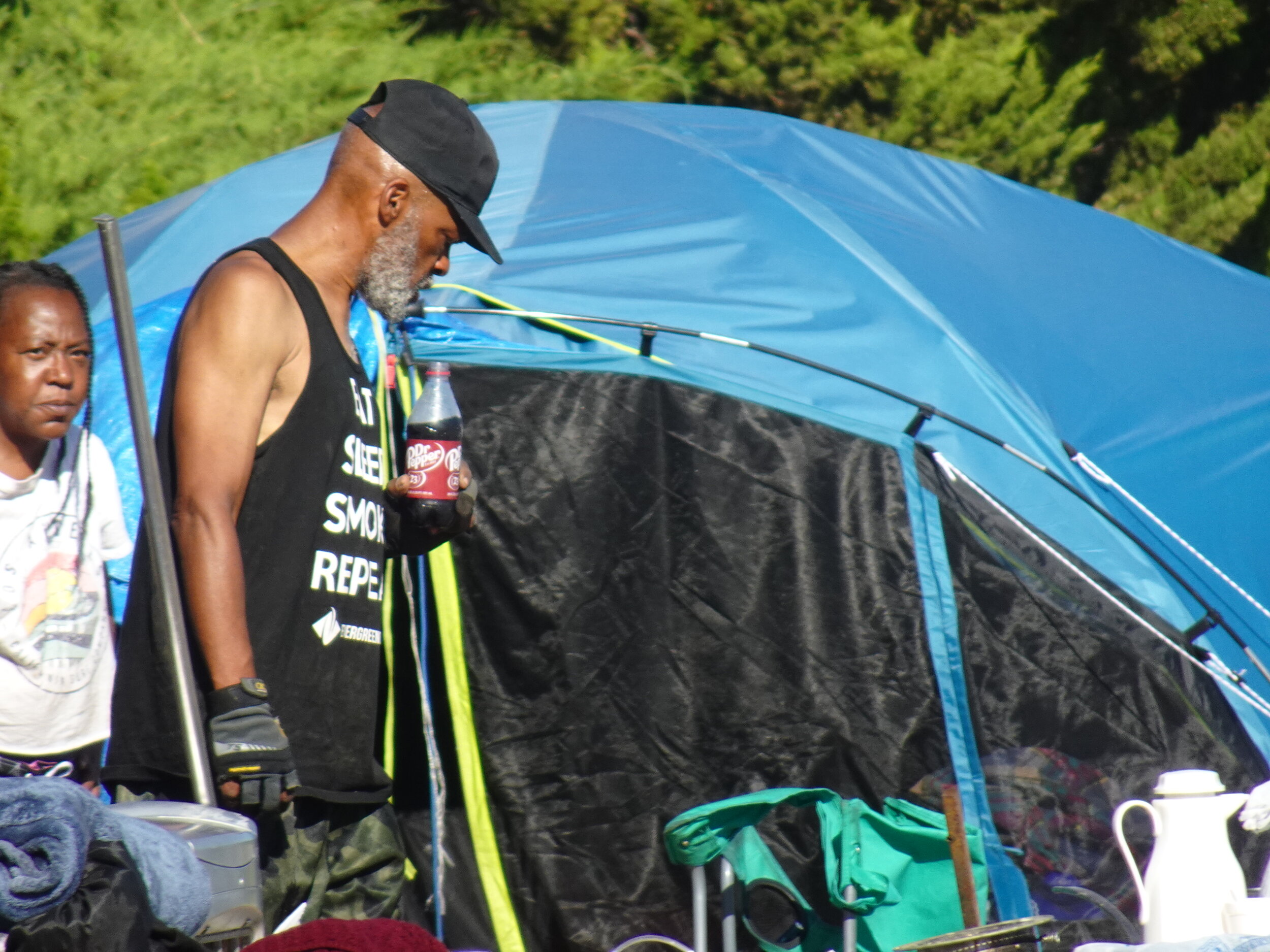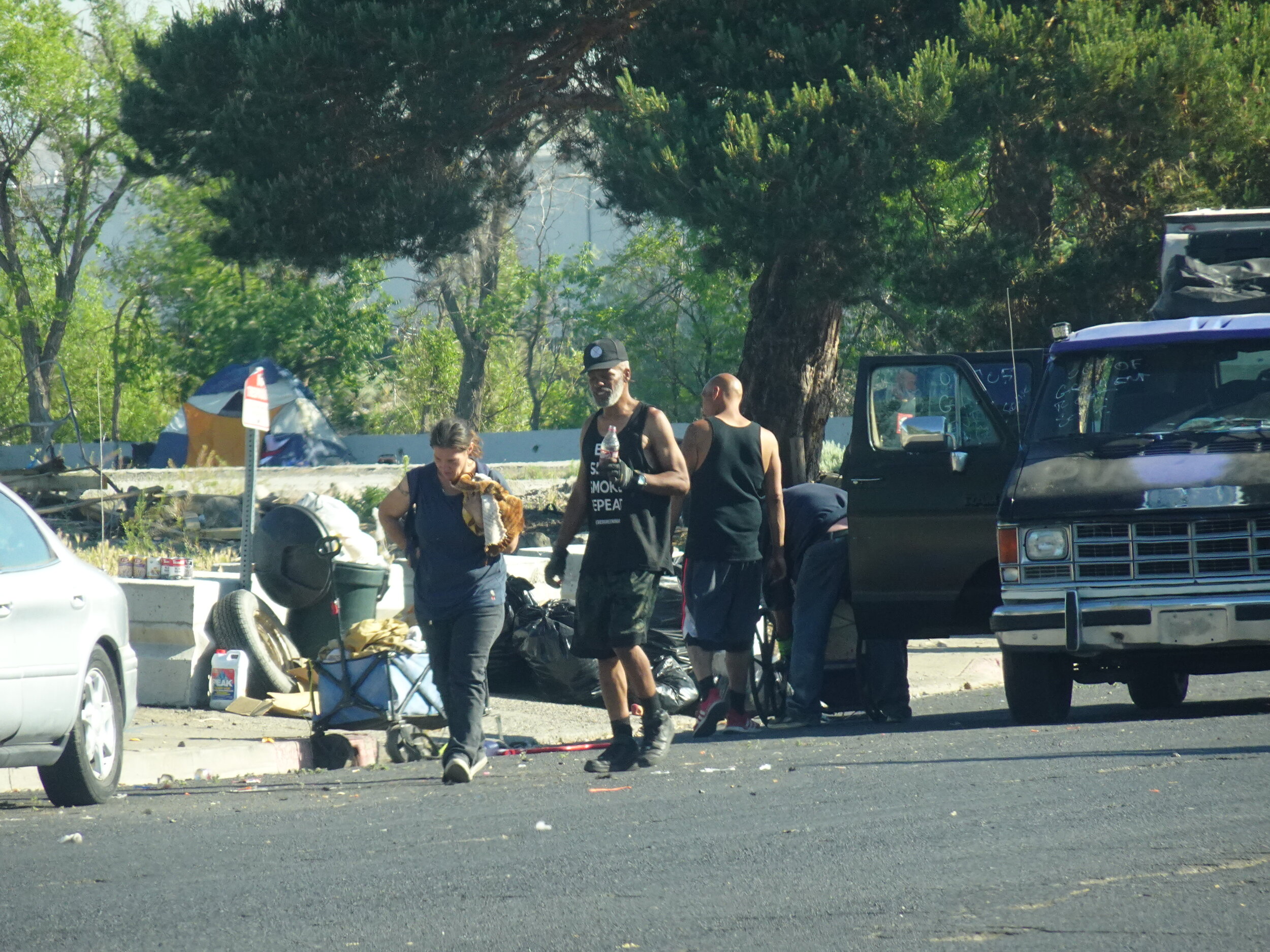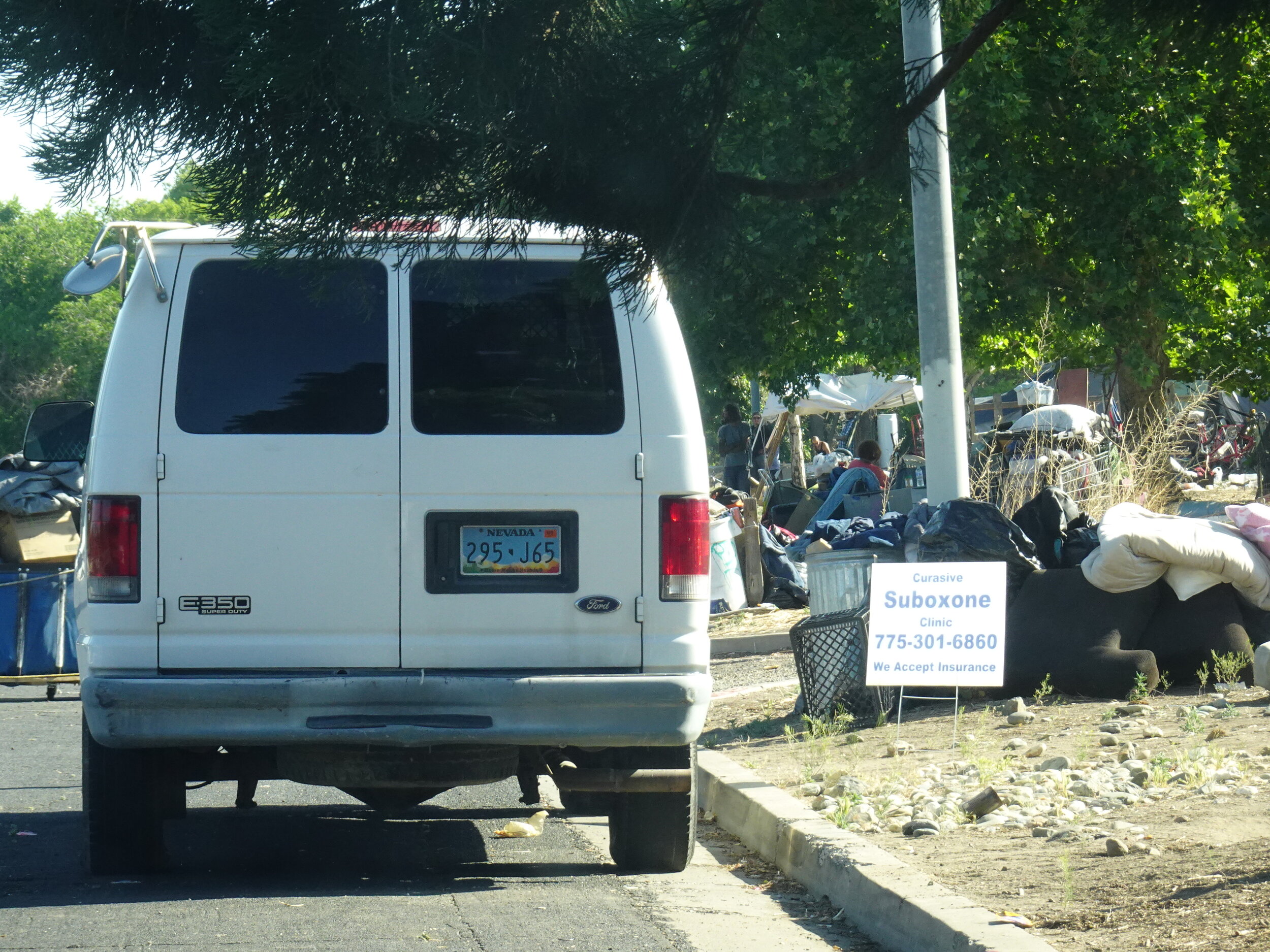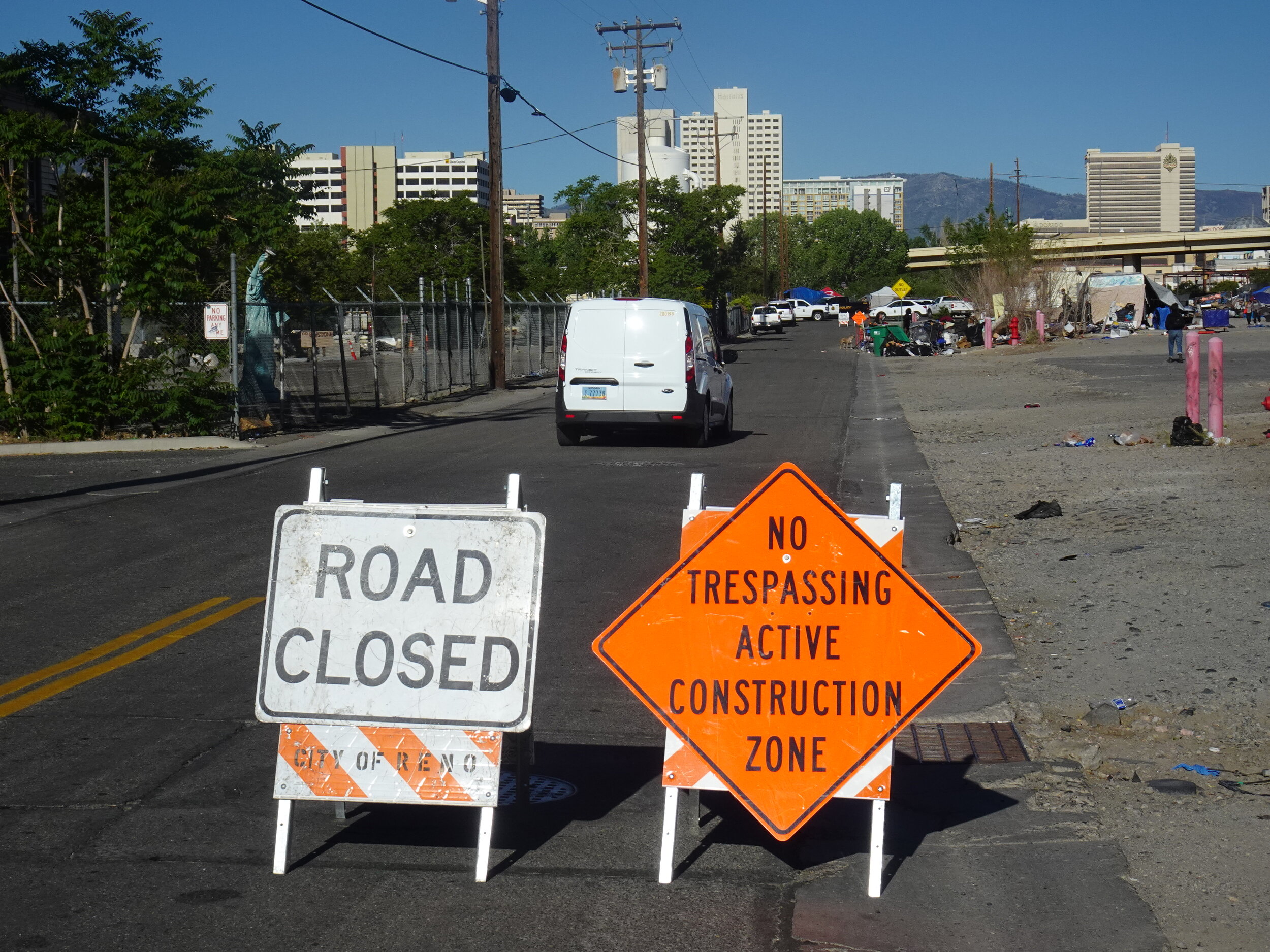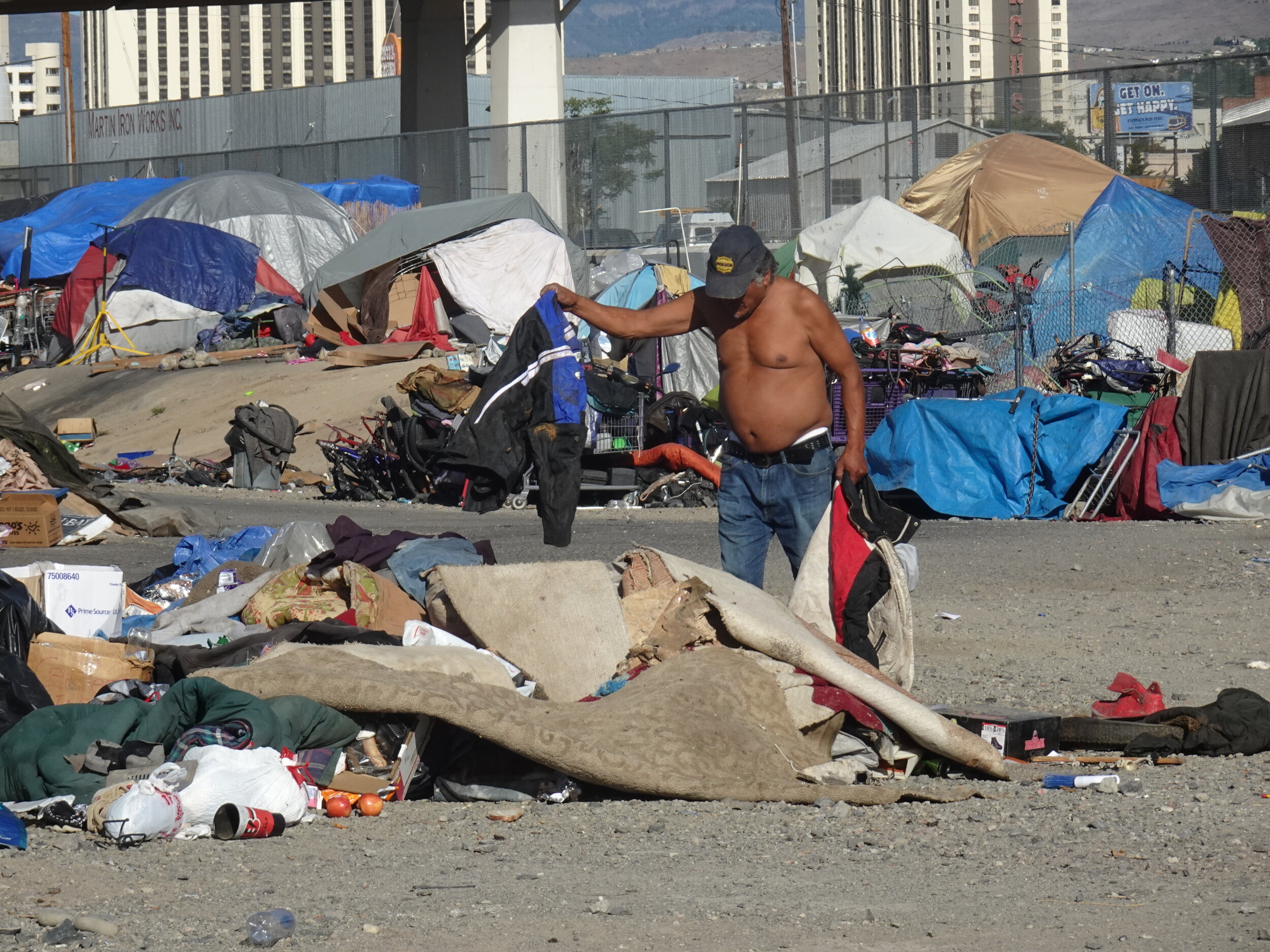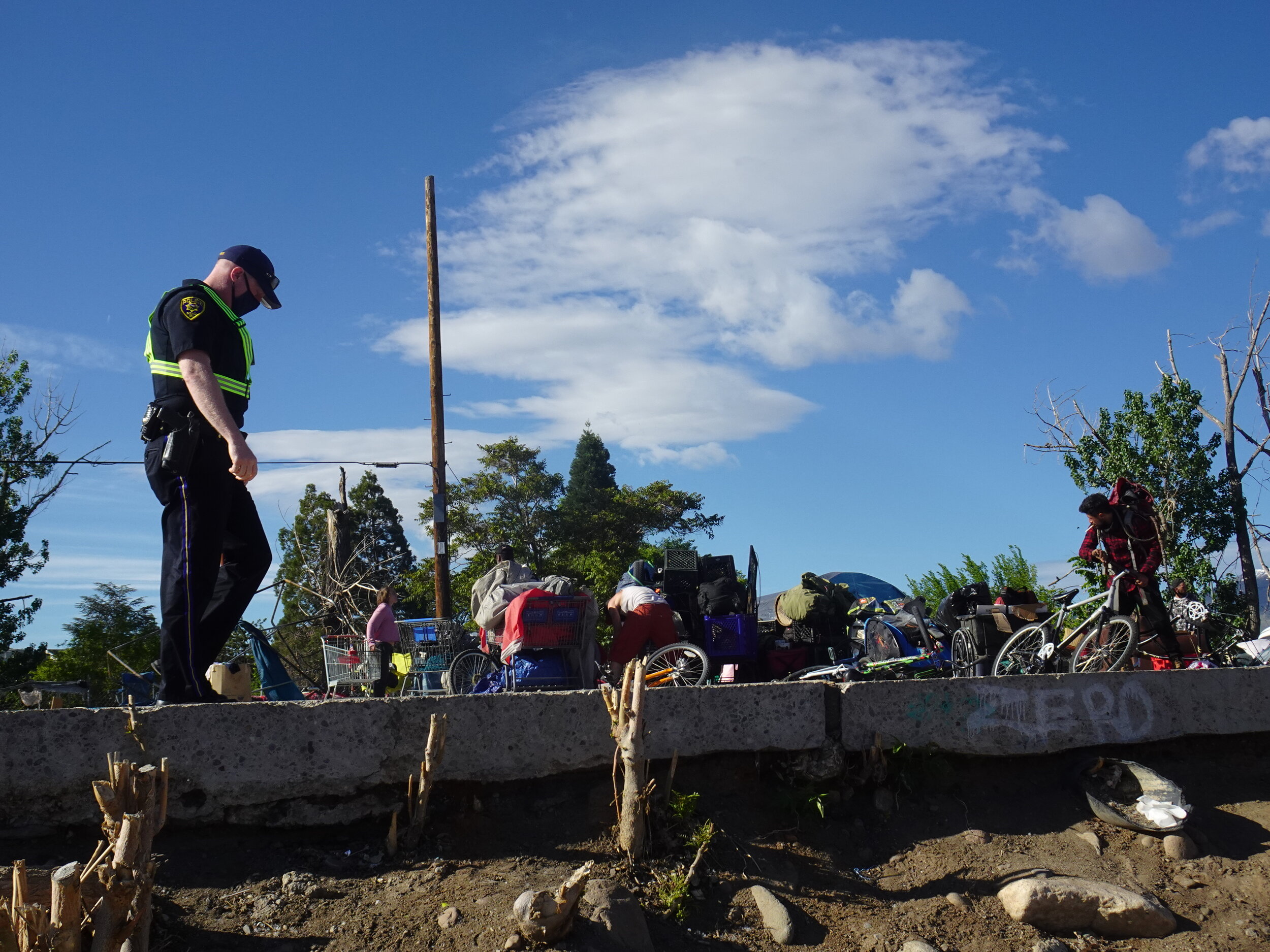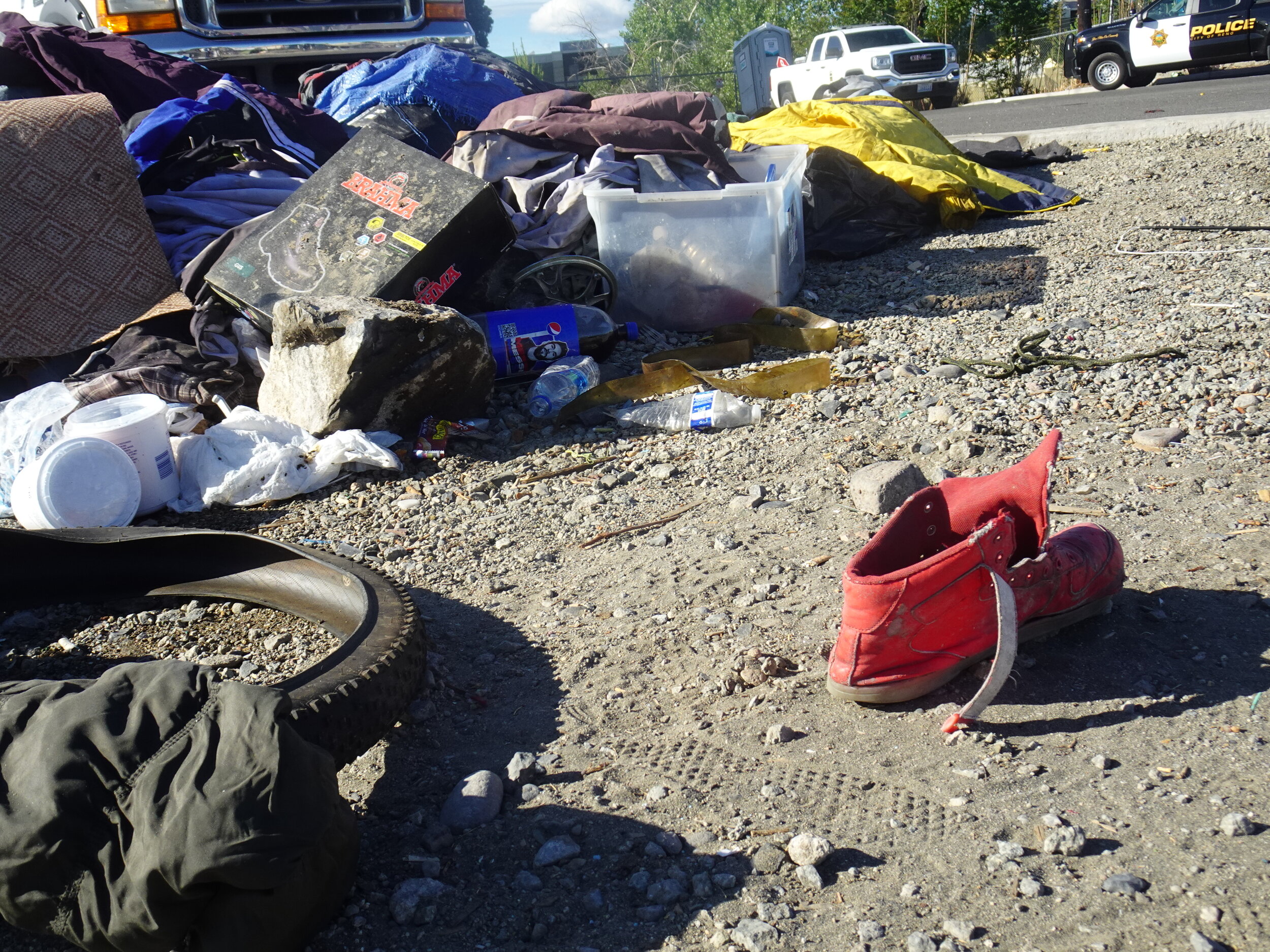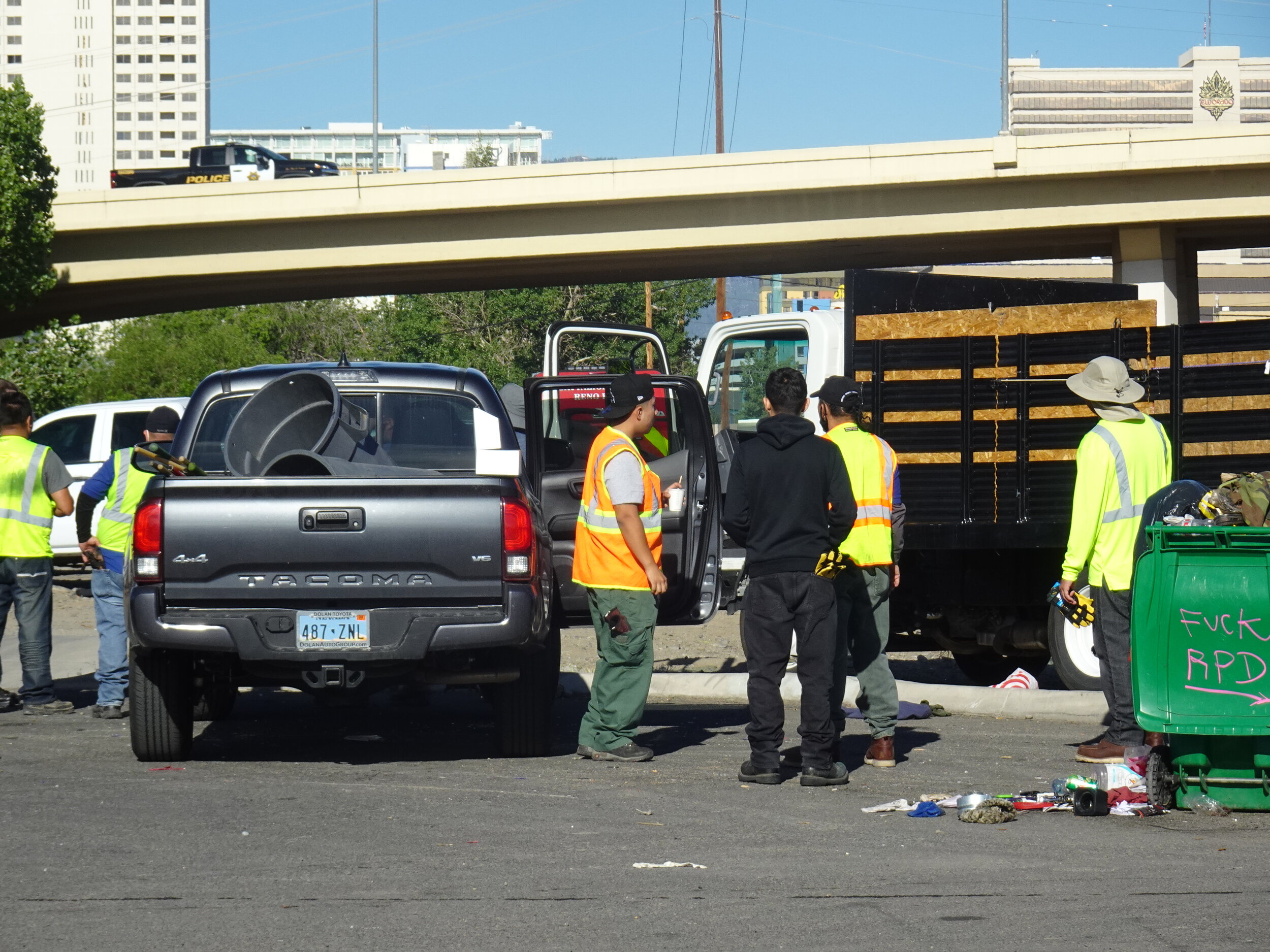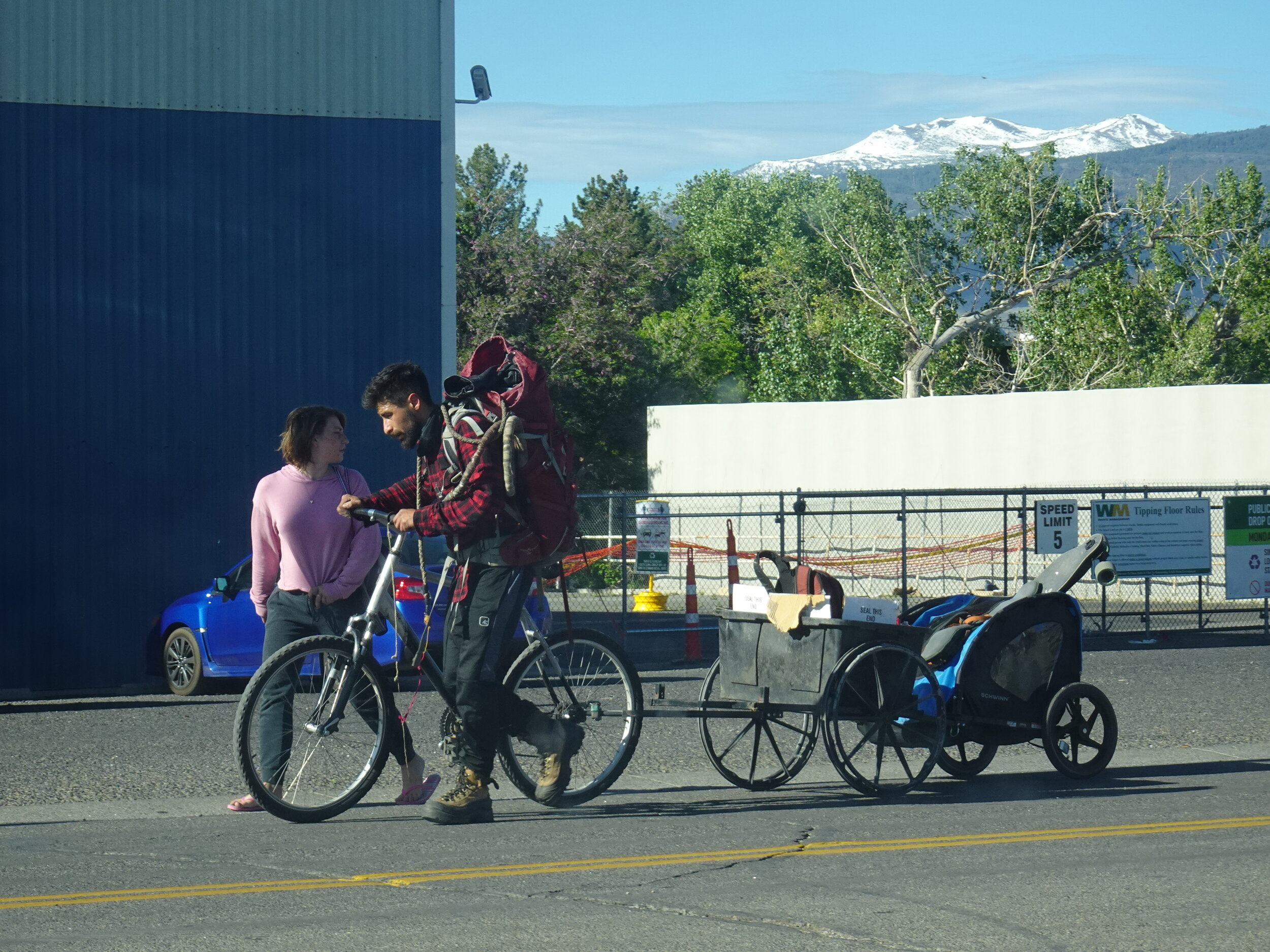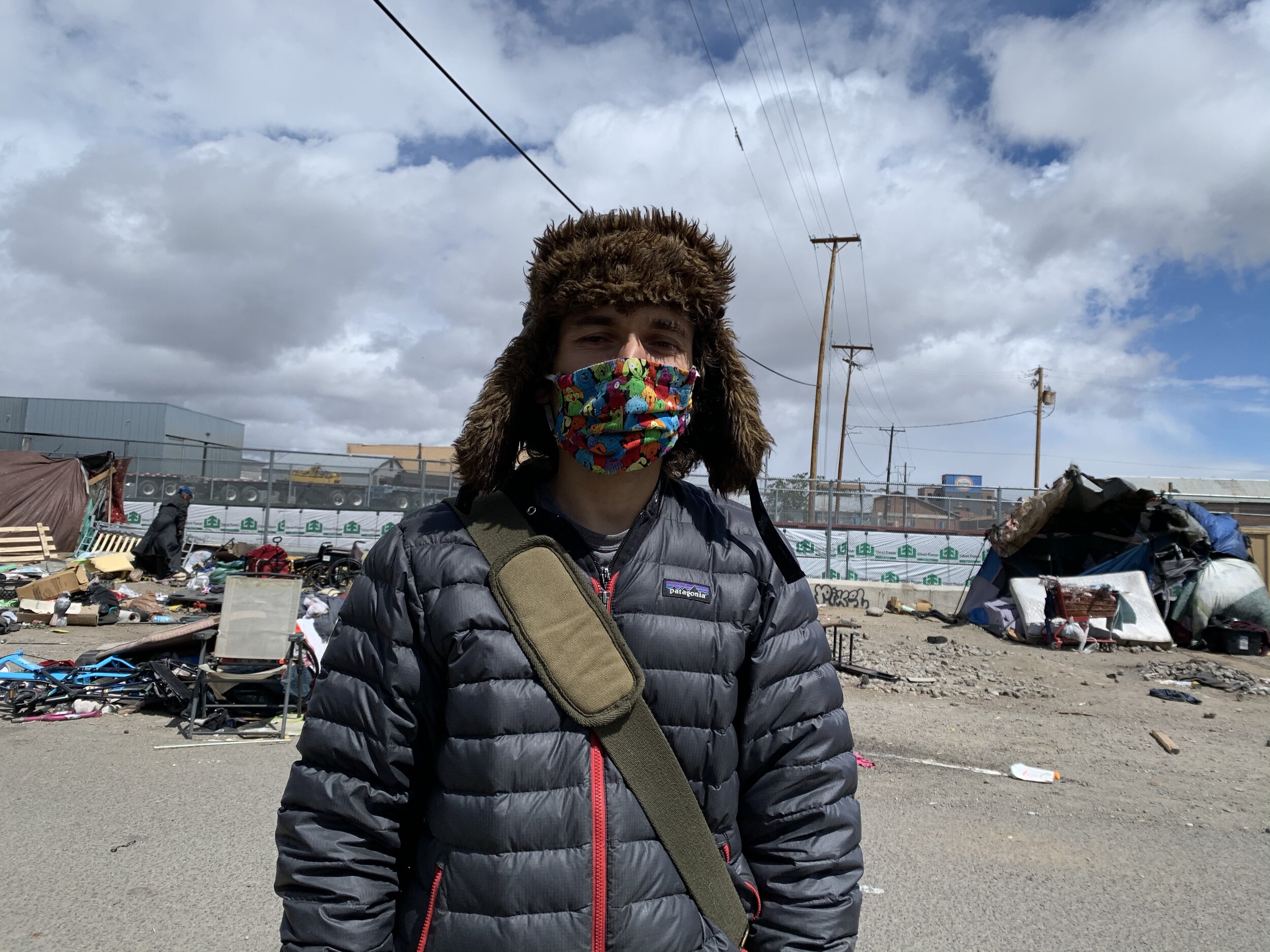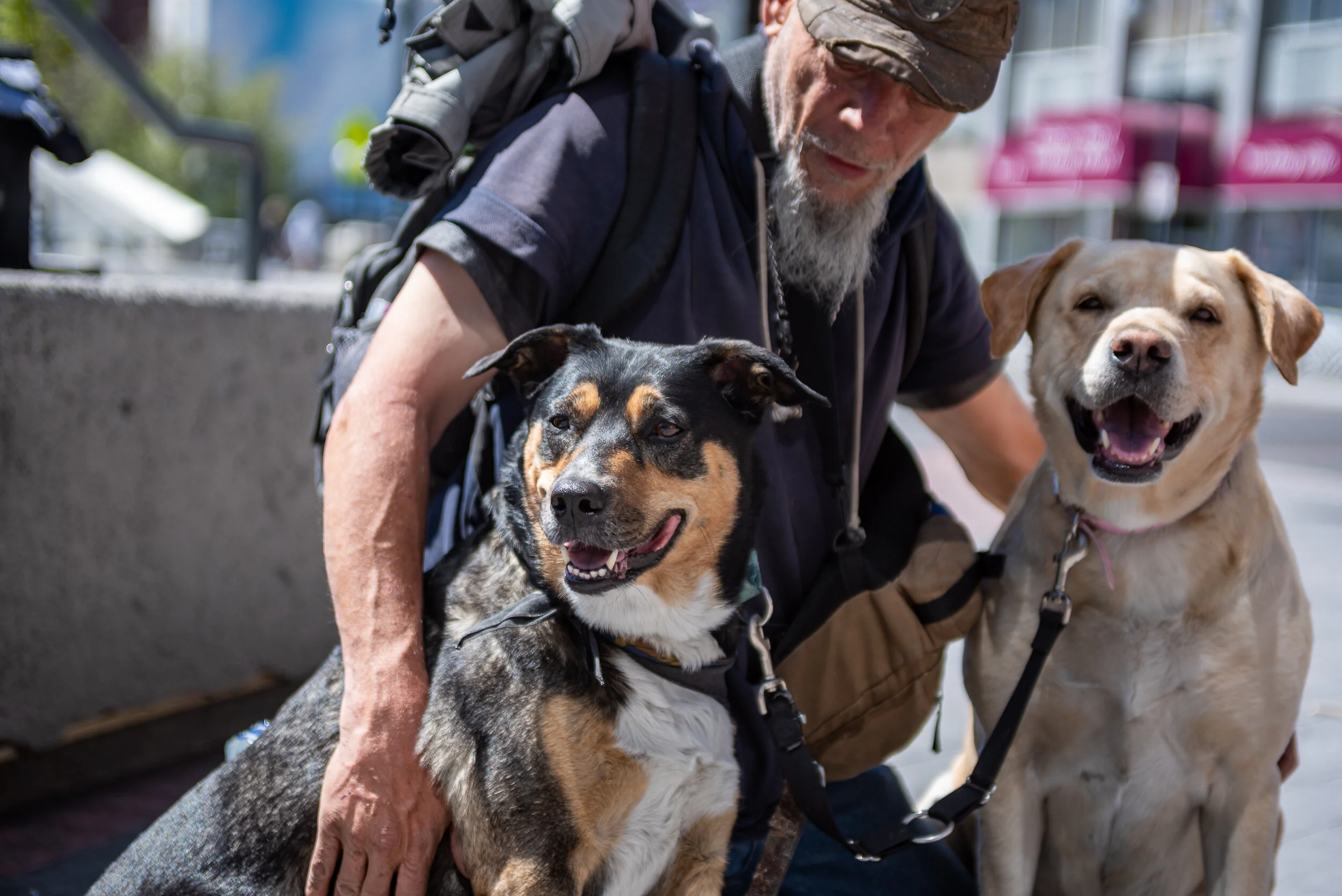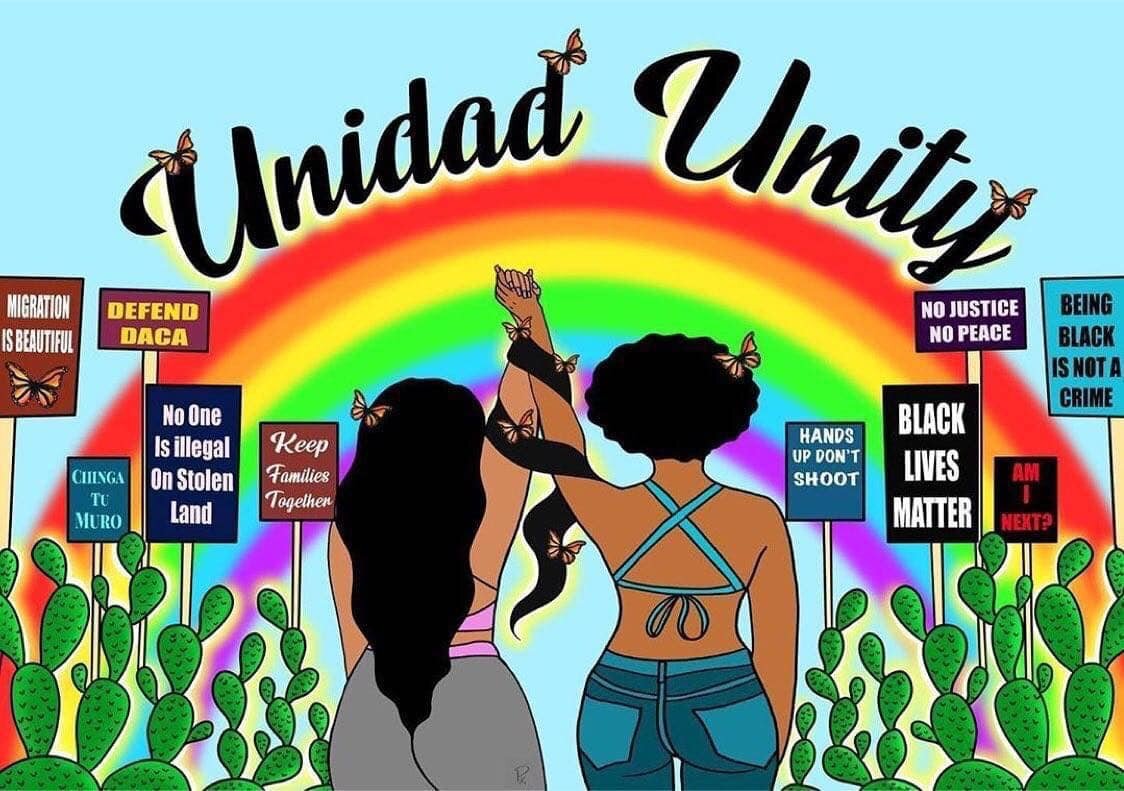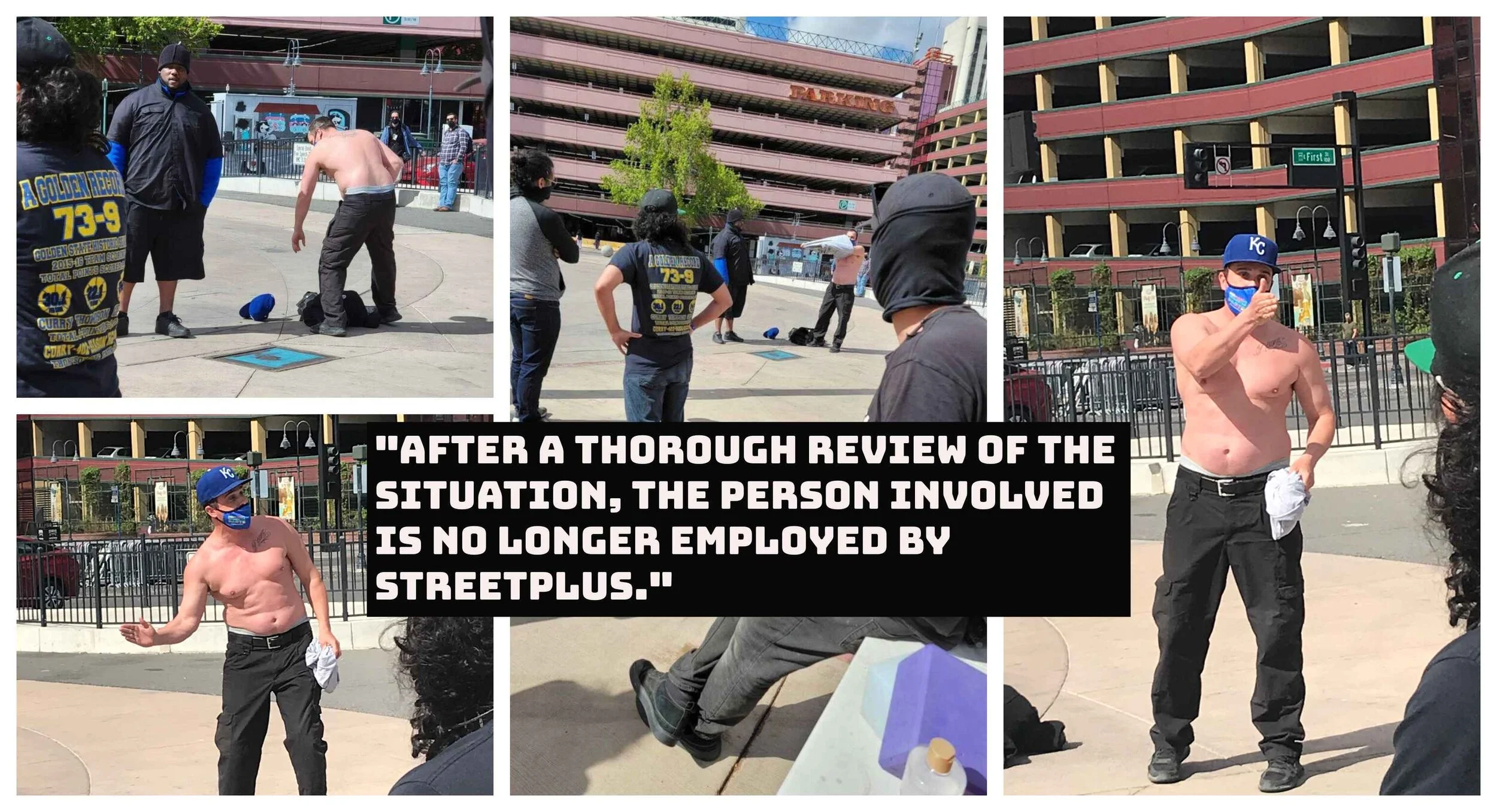Despite public comments early at Wednesday’s City Council meeting, social media backlash and opposition from an ACLU Nevada representative, a 7-0 vote gave the green light for Reno staff to finetune an ordinance to ban whips in public.
Holly Wellborn, the ACLU Nevada policy director, kicked off a marathon D.1 session of the meeting by calling the proposal “half-baked at best,” with possible 1st amendment violations, as well as targeting the unsheltered specifically.
Councilman Oscar Delgado hinted at the potential problem of “profiling” in applying this now almost certain future ordinance. Councilwoman Jenny Brekhus wondered what this meant for long dog leashes taking up sidewalk space. There was talk of karate in the park, “cowboy culture,” “horse and buggy” heritage, artistic expression and mere possession vs. use but in the end none of the long winded discussions changed the final tally.
The current proposal would make even just carrying a whip or possessing one illegal.
There were mentions of increased calls to police to deal with the loud whips, but when pressed Reno Police Lt. Ryan Connelly didn’t give any decibel comparison between whips “when the tip breaks the speed of sound” or other noisy nuisances. Too many people he said confuse the sound of whips with shots being fired. He admitted if a whip injures someone a battery charge could already apply. There was no indication of any Reno resident ever being hospitalized in a whip incident, so it hasn’t been clear to some advocates for the unhoused what is being targeted here exactly: noise, violence or the poor.
Connelly used the example of brass knuckles which are illegal in Nevada, even to simply possess, as a gross misdemeanor, carrying up to 364 days in jail, and/or up to $2,000 in fines. He also used the example of bar fights, but it was not clear how that relates exactly to whips and if a whip has ever been used in that situation recently.
The word “intimidation” was repeated several times including by Mayor Hillary Schieve, who also called the whips “offensive.” Councilwoman Naomi Duerr called the anti-whip effort a “long-time coming,” talking about the right to “quiet enjoyment” of parks, while councilwoman Neoma Jardon spoke of increased whip activity. Councilman Devon Reese talked of police using the ordinance with discretion, but people our website have talked to fear making it illegal to even possess a whip clearly targets the poor who have nowhere to go during the day. Some unhoused have told Our Town Reno the whip can be stress relieving, a warning signal, and a shout out to the world alerting them to their difficult conditions.




![“We had an encampment of them, 27 on city property and the city didn't like that. So they destroyed them all. They gave everybody living there like 15 minutes to get out, [at 4 A.M.]. Joey just happened to be in the area, and he got arrested for filming because he was asking why they were doing it,” Majors remembered during a recent phone call. “When I got there, they were loading dump trucks and hauling stuff out of the gate. They had 200 yards away from the encampment fenced off already. So they were just guarding the whole perimeter. And there were like 10 different organizations that were destroying these things. Nobody was in charge. They were like, ‘oh, this person is.’ I think the police eventually said somebody from the Centers for Disease Control and Prevention was in charge, but I doubt that.” Photo with hashtag shared by Majors with permission to use.](https://images.squarespace-cdn.com/content/v1/5675d221cbced60a236e28b8/1626882130102-F1NFBA4HI9JHMV6HV66Q/IMG_5902.jpeg)





